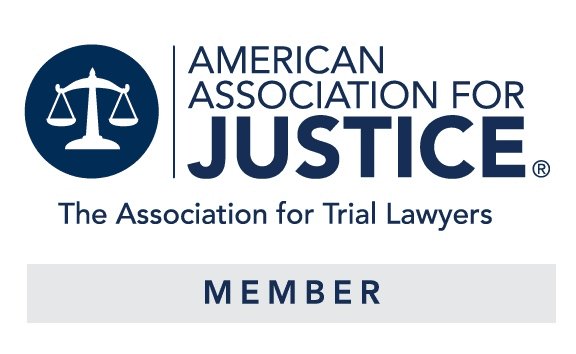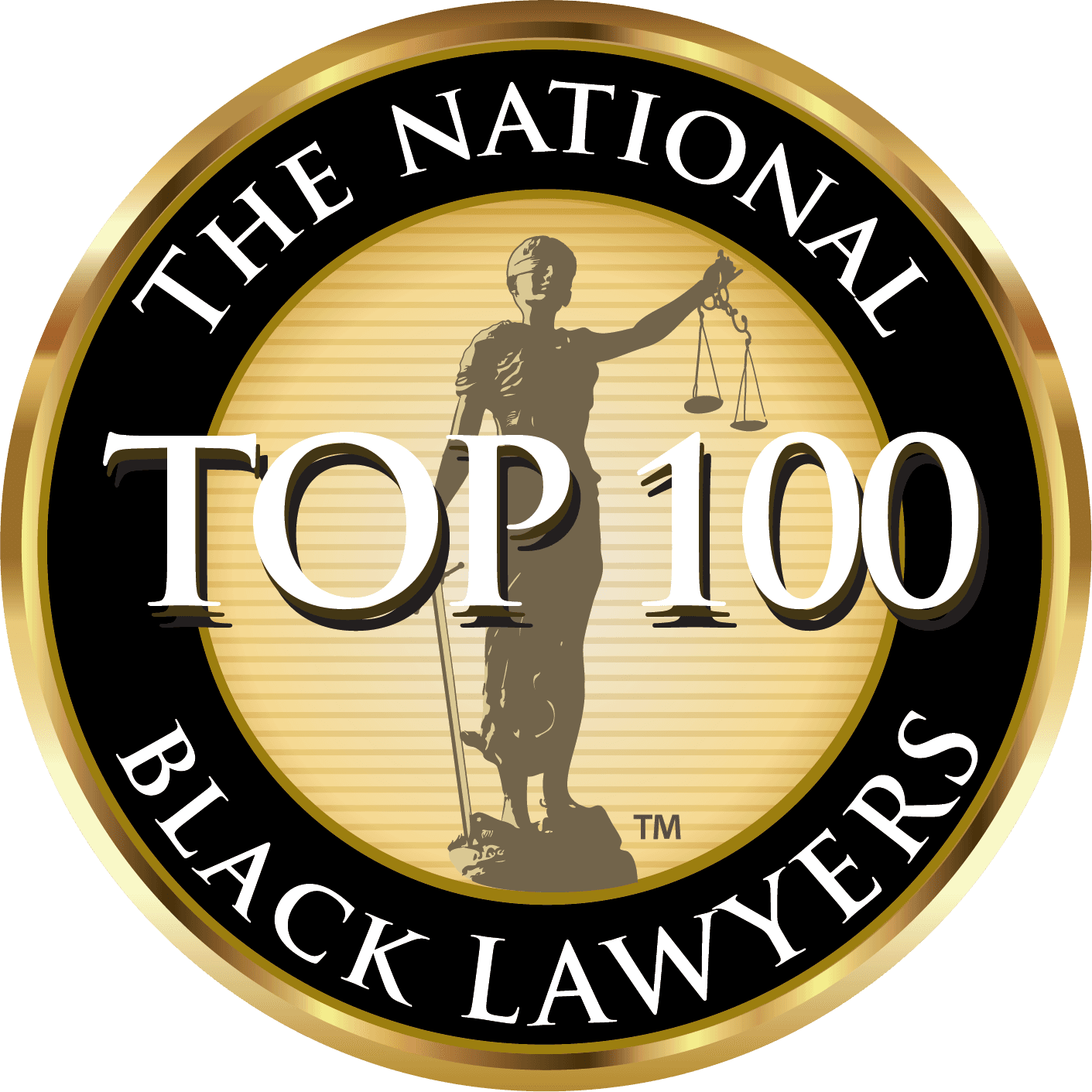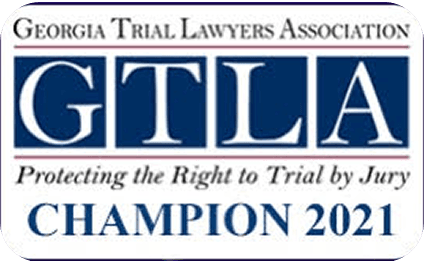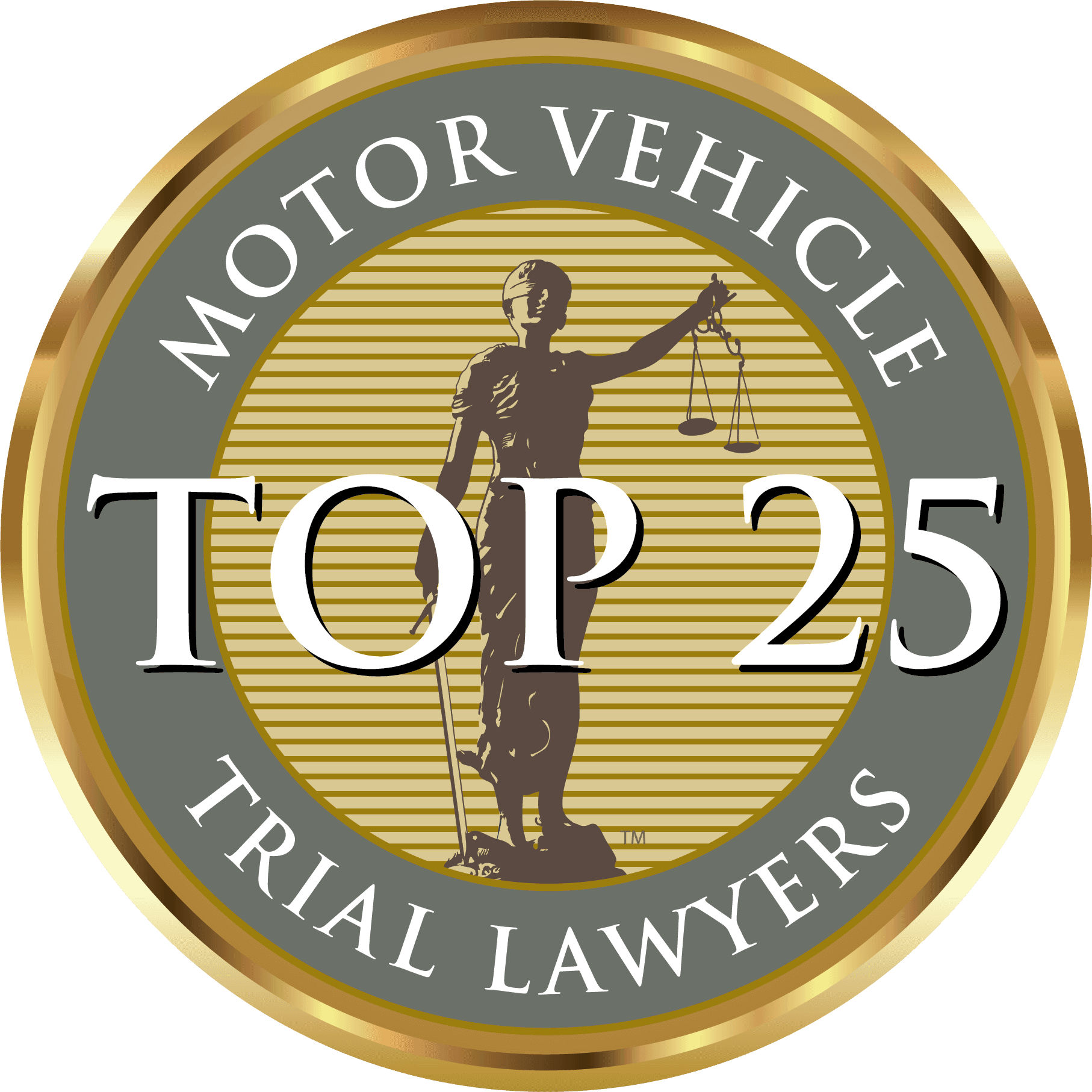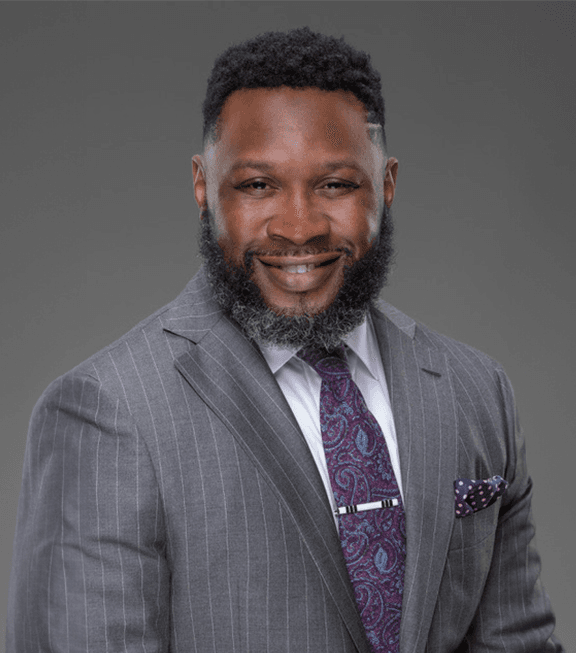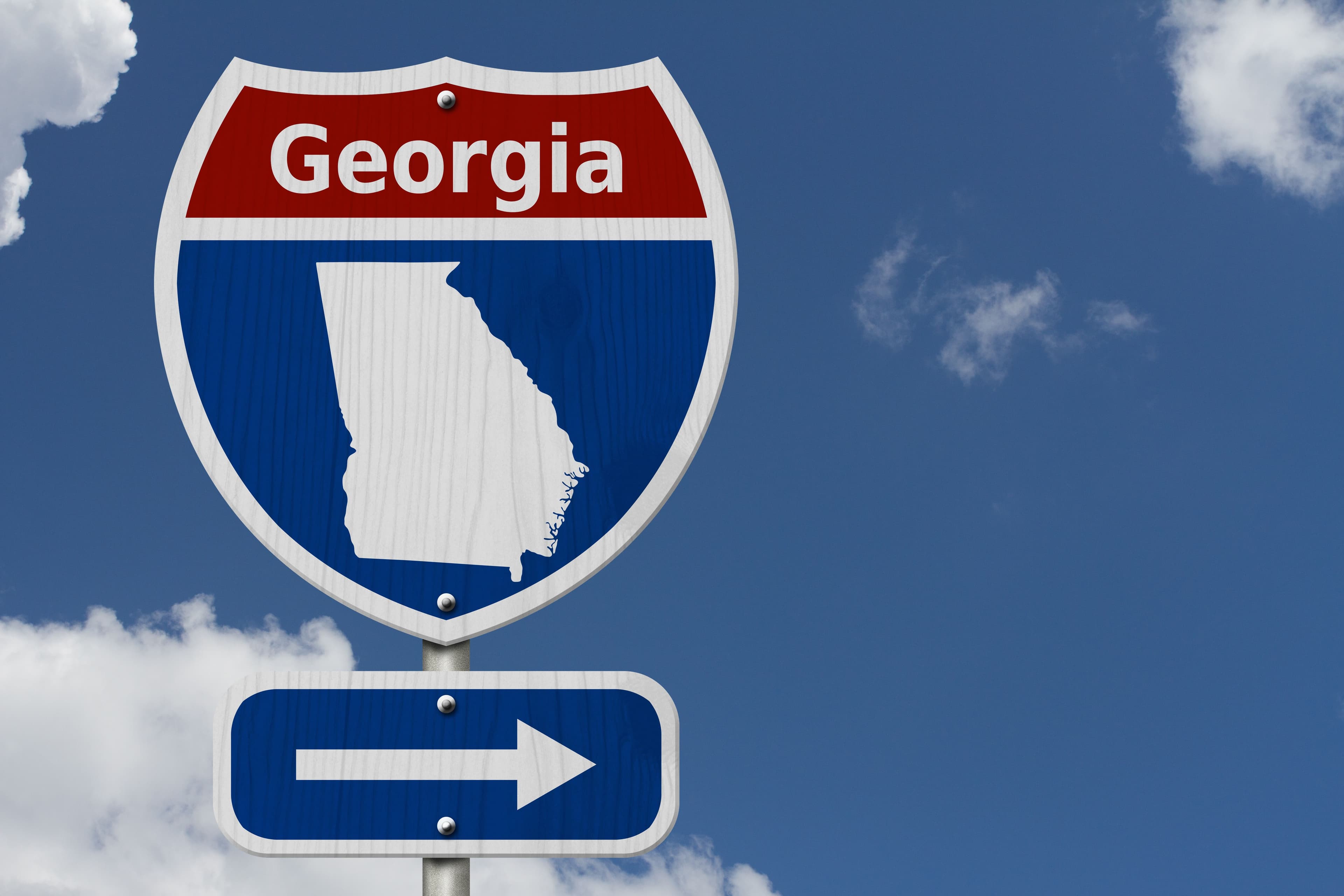
How Georgia’s Winter Weather Prep Compares To Other States
Georgia Highway Patrol Reports: What You Need to Know
If you’ve been involved in a car accident in Georgia, one of the first and most important steps you should take is filing a police report. In fact, under Georgia law, you're required to do so in certain circumstances—even for minor accidents that seem like simple fender-benders.
This police report—formally called the Georgia Uniform Vehicle Accident Report (also known as a Georgia Highway Patrol Report)—is more than just paperwork. It can become a key piece of evidence in your insurance claim or legal case.
So, when does a Georgia Highway Patrol Report become more than just a formality? Let’s break it down.
What Is the Georgia Uniform Vehicle Accident Report?
The Georgia Uniform Vehicle Accident Report is the official documentation of what happened at the scene of a crash. When police respond to an accident, they complete this report, which contains vital information such as:
 Date and time of the crash
Date and time of the crash Location and road conditions
Location and road conditions Parties involved
Parties involved Observations made by the responding officer
Observations made by the responding officer
The report may also include a narrative summary and diagram of the crash. These details help determine who was at fault and are frequently used by insurance companies, attorneys, and even courts to resolve disputes and assign liability.
Whether your collision was a serious crash or a minor accident, this report becomes the official record and serves to protect your legal rights.
Key Components of a Georgia Highway Patrol Report
Here’s what you can expect to find in the report:
 Accident details: Time, date, weather, and road conditions
Accident details: Time, date, weather, and road conditions Driver and passenger information: All involved parties, including pedestrians or bystanders
Driver and passenger information: All involved parties, including pedestrians or bystanders Vehicle information: VIN, license plate numbers, make and model
Vehicle information: VIN, license plate numbers, make and model Narrative and diagram: Officer’s written account and a diagram showing vehicle positioning and direction
Narrative and diagram: Officer’s written account and a diagram showing vehicle positioning and direction Officer observations: Skid marks, point of impact, road debris, etc.
Officer observations: Skid marks, point of impact, road debris, etc. Injuries or fatalities: Documented to the extent possible
Injuries or fatalities: Documented to the extent possible Alcohol or drug testing results: If field sobriety tests were performed
Alcohol or drug testing results: If field sobriety tests were performed Witness statements: Including contact information
Witness statements: Including contact information Property damage: To vehicles, roadside barriers, signs, fences, or private property
Property damage: To vehicles, roadside barriers, signs, fences, or private property Citations or charges: Any traffic laws that were allegedly violated
Citations or charges: Any traffic laws that were allegedly violated
Each element plays a vital role in determining who may be at fault and helps to back up your personal injury claim.
How to Get Your Georgia Highway Patrol Report
Obtaining your accident report is simple. Here’s how:
 Online: Visit the Georgia Department of Transportation (GDOT) or BuyCrash.com
Online: Visit the Georgia Department of Transportation (GDOT) or BuyCrash.com Information needed:
Information needed:  Location of the accident
Location of the accident Your driver’s license number or
Your driver’s license number or Your vehicle identification number (VIN)
Your vehicle identification number (VIN)
Reports are typically available within 3 to 5 days after the accident.
What to Do If the Report Is Incorrect
It’s not uncommon for reports to contain mistakes. If you find inaccuracies:
 Contact the police department that created the report
Contact the police department that created the report Request a correction through their official process
Request a correction through their official process Understand that changes will be noted and not always guaranteed
Understand that changes will be noted and not always guaranteed
Before making any changes, consider consulting a Georgia car accident attorney. An attorney can help you understand the impact of these corrections and guide you through the legal process.
Additionally, the report may contain complex police codes and technical terms. A lawyer can help translate these into clear, actionable information.
Why the Report Matters
This document is a powerful piece of evidence in determining fault and negotiating with insurance companies. Without it, you may struggle to prove liability, especially if the other party disputes your version of events.
In the event of a lawsuit, the report can be introduced in court as part of your legal strategy.
Need Help After a Georgia Car Accident? Contact Lawson Personal Injury Attorneys
If you've been involved in an accident and need help understanding or using your Georgia Highway Patrol Report, reach out to the experienced legal team at Lawson Personal Injury Attorneys.
Georgia Personal Injury Lawyers
We focus exclusively on serious personal injury cases, including:
Assault Injuries
Bad Faith Insurance
Bicycle Accident
Brain Injury
Bus Accidents
Car Accidents
Catastrophic Injuries
Child Injuries
Construction Accidents
Dog Bites
If your life was disrupted by someone else's negligence, we're here to restore your power through the law.
